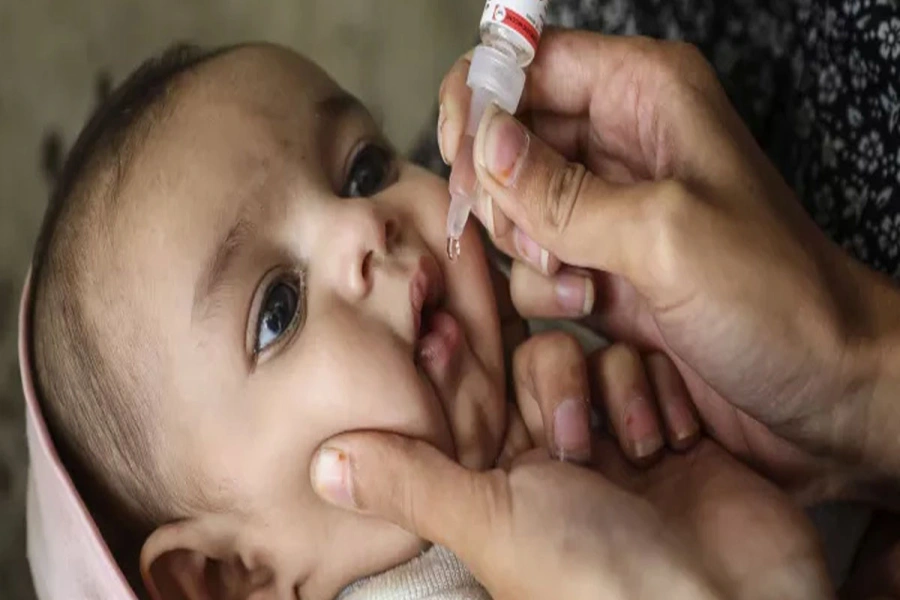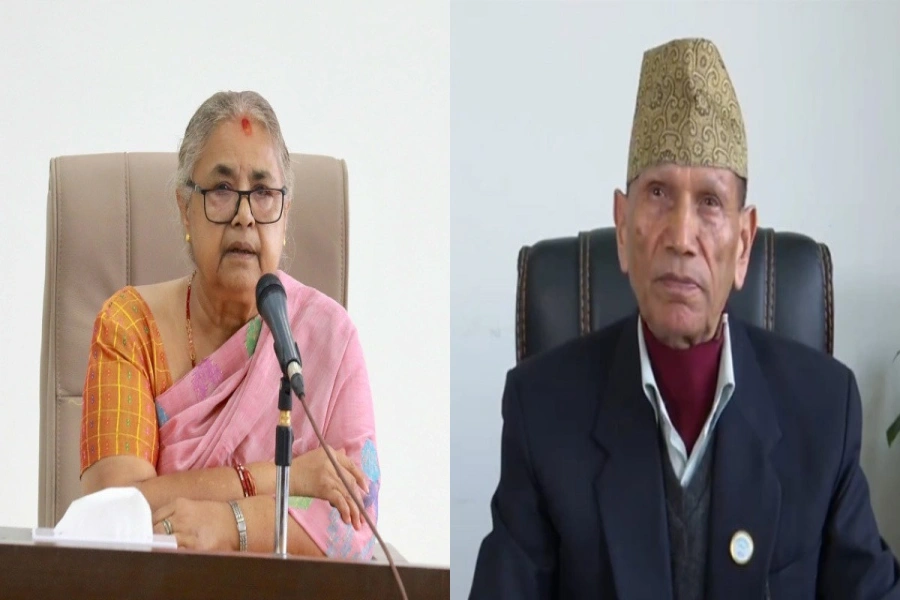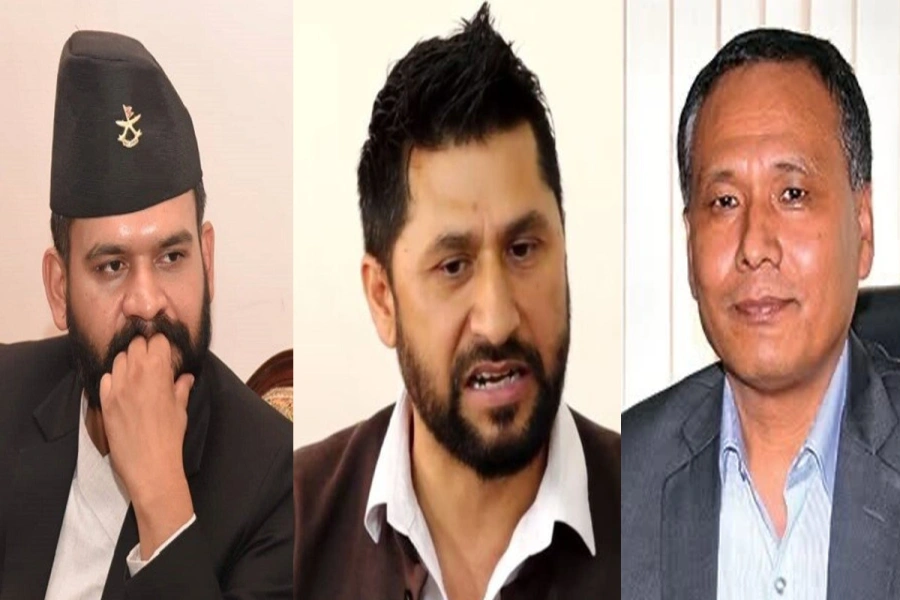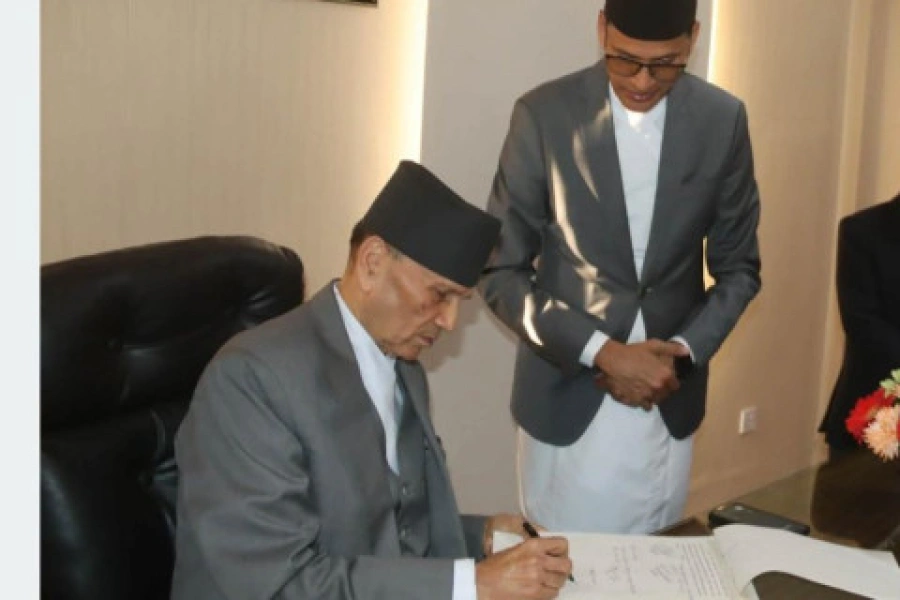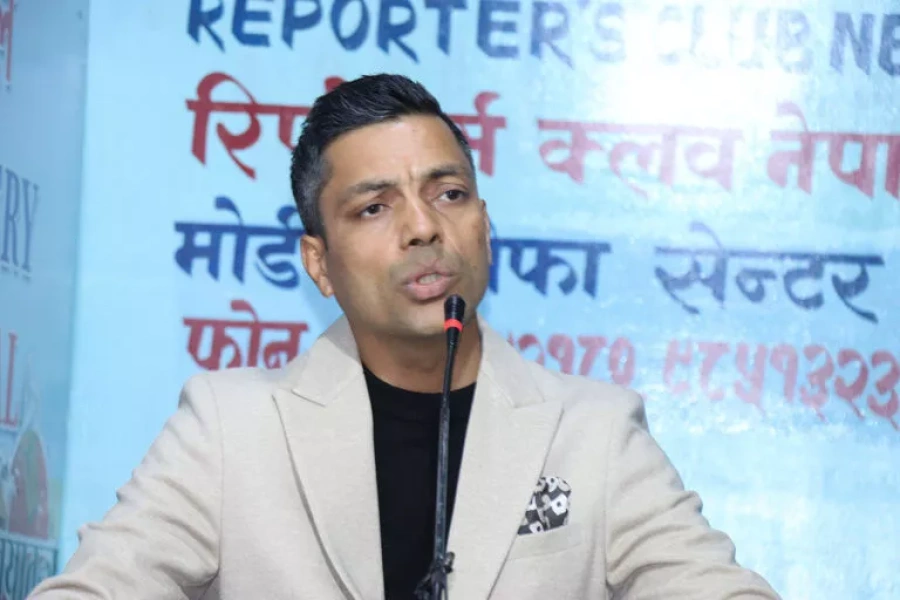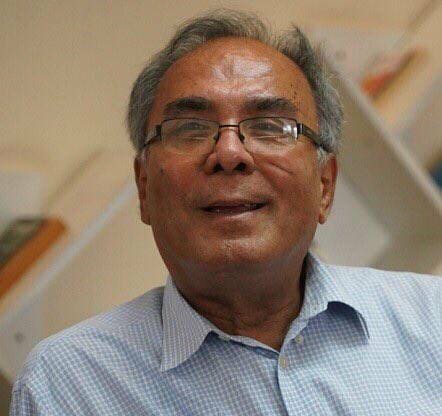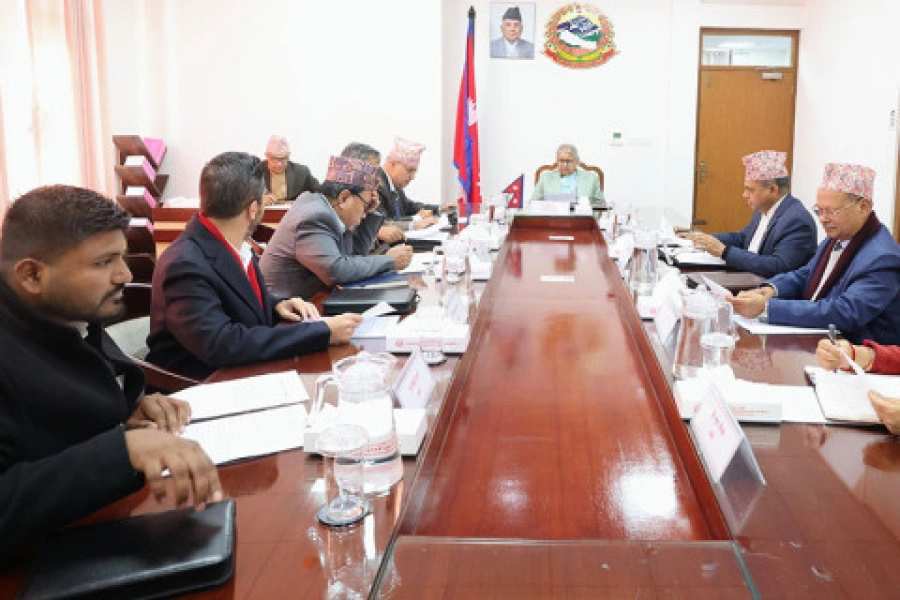The study carried out by the Save the Children with technical support from Center for Research on Environment Health and Population Activities (CREHPA) has shown that HIV/AIDS-infected children face discrimination in their own families. The children are not allowed to eat and sleep with family members. Worse still, children are also discriminated in health care centers.
However, cases of discrimination in families and hospitals are quite negligible. It accounts for only 6 percent. Children suffer discrimination mostly in the society (49 per cent) and peer groups (28 per cent). Forms of discrimination they face in peer groups and communities are avoidance and degrading remarks.
A higher percentage of girls (53 per cent) have been facing discrimination in contrast to a relatively lower percentage of boys (33 per cent).
According to the study, Dalit boys are more vulnerable to discrimination than Brahmin and Chhetri boys. Thirty-five percent of Dalit boys have suffered discriminations compared to 22 percent Brahmin and Chhetri boys.
The study, which was made public Friday, was conducted in five districts by interviewing a total of 435 children below the age of 18. The study dwells upon a range of issues, including access of HIV/AIDs-infected children to health care, education as well as their psycho-social aspects.
According to a latest report published by UNAIDS, 48,000 children in Nepal are living with HIV and AIDS.
Worth of stories





